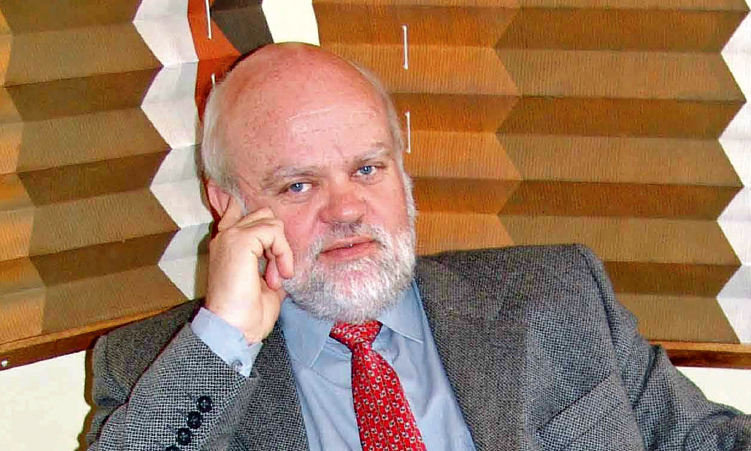In African countries, the informal sector is an important provider of goods and services to locals in urban and rural areas.
The United Nations Development Programme (UNDP) says in Africa close to 83% of jobs and 85% in sub-Saharan Africa are informal.
Following the hosting of a policy dialogue event in 2022 at Victoria Falls in Zimbabwe, the UNDP, supported by the International Labour Organisation (ILO), compiled a report reflecting that most of young Africans seeking jobs are absorbed by the informal sector.
The UNDP highlighted two shortcomings by the governments of African countries when it comes to recognising the significant wealth and job creation role of an informal sector.
The first is to ignore the informal sector when drafting development policies and strategising on crafting and implementation of development interventions.
The second is that countries view the informal sector as a potential threat to the formal economy.
The purpose of that event was for the UNDP and the ILO to help governments and stakeholders in their respective countries by facilitating discussion to acknowledge the informal sector’s pivotal role.
It also aimed to encourage governments to enact informal business sector-friendly policies and micro enterprise business development programmes.
In 2017, the International Monetary Fund (IMF) already acknowledged the informal sector’s importance in sub-Saharan African countries.
By applying the predictive mean matching method, instead of the gross domestic product method to measure the size of a countries informal sector over a 24-year period, the IMF reported informality ranged from 20% in Mauritius, South Africa and Namibia, to 65% percent in Benin, Tanzania and Nigeria.
Post Covid-19, numerous studies found that the current contribution by the informal sector in African countries has increased significantly.
In Namibia, it has became so obvious on site-verification visits to businesses in Windhoek’s townships and informal settlements over the past weeks.
One does not mean to denigrate the unemployment crisis afflicting the country and perhaps jobseekers were confined to their homes, but the number of self-employed people was very noticeable.
It was, however, difficult to see any jobless Namibians. Perhaps they decided to stay at home during those weeks.
Interacting with vendors at their makeshift stalls and little shops along the roadside and moving about the dusty streets of informal settlements, the same is true of proprietor-owned micro enterprises.
One observes numerous entrepreneurs pursuing their business endeavours by trading goods or offering services, to earn an honest income to sustain the family and its needs.
Using a similar modified method could also be a more accurate way to measure unemployment.
The measurement standard presently used could distort results as seemingly it counts Namibians in jobs in the formal sector receiving a payslip at the end of the month, yet excludes the self-employed and those employed by them.
Yes, informal sector entrepreneurs and their workers also pay value-added taxes and other public sector licence and compliance fees.
Still need convincing that the contribution to Namibia’s economy by the informal sector in terms of job and wealth creation should be recognised for what it is?
- Danny Meyer is reachable at danny@smecompete.com
Stay informed with The Namibian – your source for credible journalism. Get in-depth reporting and opinions for
only N$85 a month. Invest in journalism, invest in democracy –
Subscribe Now!






